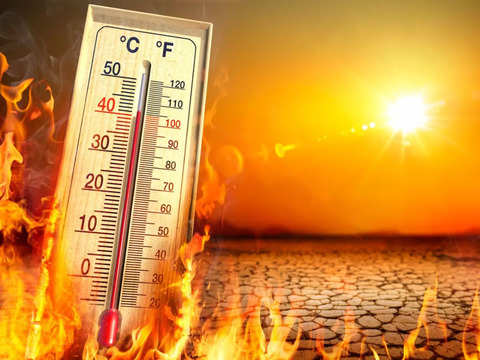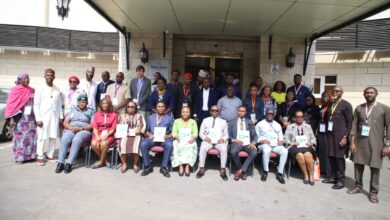Climate change increase intensity of devastating droughts in Sardinia and Sicily by 50% – Study

By Fatima Saka
In recent times, the intense heat associated with fossil fuel emissions has exacerbated water scarcity and negatively impacted the harvests of Italy’s renowned food products.
The influence of human-induced climate change has amplified the risk of droughts, leading to severe water shortages and agricultural setbacks in Sardinia and Sicily by half, as indicated by a swift analysis conducted by a team of prominent scientists.
This follows the study by World Weather Attribution, cautioning that similar drought occurrences will exacerbate with each incremental rise in temperature, underscoring the urgent necessity to diminish emissions to achieve net zero.
The examination revealed the following key points:
– Prolonged heat, which results in the evaporation of water from soils, vegetation, and reservoirs, is a primary factor driving the escalation of drought susceptibility.
– In the absence of human-induced warming effects, the droughts experienced on both islands would not have been classified as ‘extreme.’
– The Italian islands are poised to encounter more severe droughts with further warming driven by fossil fuels, posing a threat to the harvests of crops such as wheat and olives.
Effective water management will be imperative in the forthcoming years due to reduced rainfall.
Mariam Zachariah, a Researcher at the Grantham Institute, Climate Change and the Environment, Imperial College London, expressed that Sardinia and Sicily are progressively becoming arid due to climate change. The islands are facing recurrent episodes of scorching, enduring heat, leading to the evaporation of water from soils, vegetation, and reservoirs.
For the farmers and residents who have endured prolonged water restrictions, this study serves as validation that climate change is intensifying the severity of droughts.
These drought occurrences follow a year characterized by exceptionally low precipitation and persistent heat in Sardinia and Sicily. Although the Italian islands typically experience hot and arid summers, the droughts being witnessed are among the most severe in history.
Farmers in Sicily have suffered significant losses in wheat production and have been compelled to prematurely cull animals, while olive trees in certain regions of the island are shedding olives months before the usual harvest time.
The drought has also impacted local inhabitants and tourism, with both islands undergoing months of water rationing. The arid conditions have led to outbreaks of wildfires, resulting in the destruction of forests and farmlands. States of emergency were declared by Sicily in March and Sardinia in July.
The scientists determined that human-induced climate change has increased the likelihood of droughts by 50%.
Evapotranspiration:
The process of water evaporation from soil and plants is fueling the intensification of drought conditions as periods of extreme heat become more intense and prolonged on both islands. While it remains uncertain if the highly variable rainfall in Sardinia and Sicily is influenced by climate change, the study underscores that blistering heat is transforming years with low precipitation into devastating drought crises.





